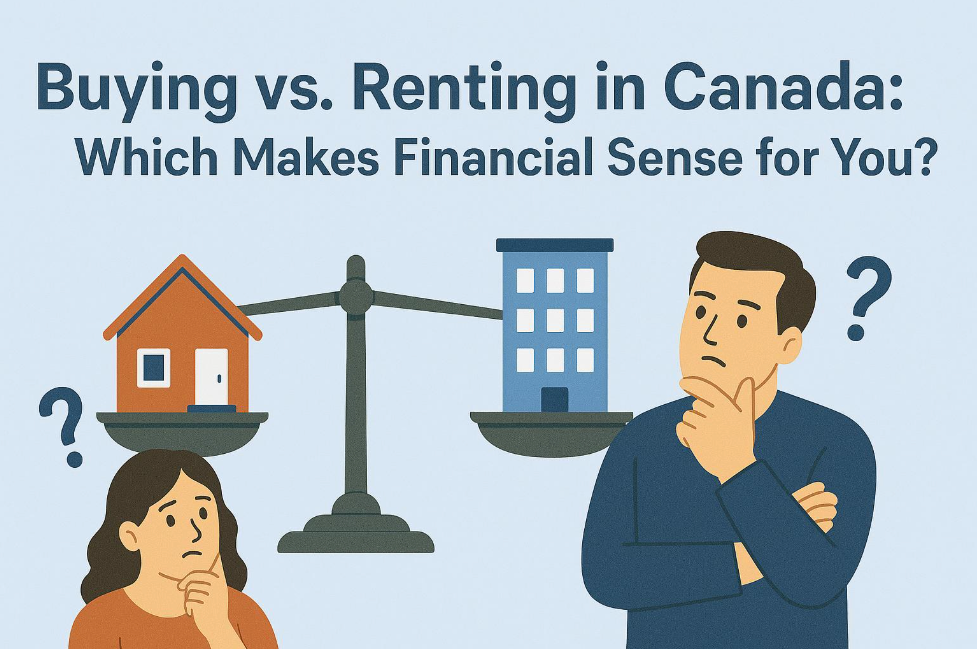3 “Rules of Lending” – What Banks look at when you apply for a Mortgage
Buying a home is usually the biggest purchase most people make and there are a lot of factors to consider. My job is to provide you with a much information (as you can handle!!) so you make the best decision based your particular situation.
The 3 “rules of lending” focus on determining the maximum size of mortgage that can be supported by your provable (what you paid taxes on) income.
You need to consider two affordability ratios:
Rule #1 – GROSS DEBT SERVICE (GDS) Your monthly housing costs are generally not supposed to exceed 36-39% of your gross monthly income. Housing costs include – your monthly mortgage payment, property taxes and heating. If you are buying a condo/townhouse the GDS will also include ½ of your strata fees. The total of these monthly payments divided by your “provable” gross monthly income will give you your Gross Debt Service.
Mortgage payments + Property taxes + Heating Costs + 50% of condo fees / Annual Income
Rule #2 – TOTAL DEBT SERVICE (TDS) Your entire monthly debt payments should not exceed 42-44% of your gross monthly income This includes your housing costs (GDS above) PLUS all other monthly payments (car payments, credit cards, Line of Credit, additional financing, etc.). The total of all your monthly debts divided by your “provable” gross monthly income will give you your Total Debt Service.
Housing expenses (see GDS) + Credit card interest + Car payments + Loan expenses / Annual Income
What about the other 56% of your income?? This is considered to be used up by ‘normal’ monthly expenses including: taxes, food, medical, transportation, entertainment etc.)
Rule #3 – CREDIT RATING
Everyone who will be on title to the property will need to have their credit run.  Your credit bureau is important because it shows the lenders how well (or not) you have handled credit in the past. This gives them an indication of how you will handle credit in the future, and will you be a good risk and make your mortgage payments as promised. If you handle credit well, you will have a high Credit Score and get the best interest rates from the banks/lenders. If you have not handled credit well, and have a poor credit score, you will either be charged a higher interest rate or your application will be declined.
Your credit bureau is important because it shows the lenders how well (or not) you have handled credit in the past. This gives them an indication of how you will handle credit in the future, and will you be a good risk and make your mortgage payments as promised. If you handle credit well, you will have a high Credit Score and get the best interest rates from the banks/lenders. If you have not handled credit well, and have a poor credit score, you will either be charged a higher interest rate or your application will be declined.
For more information on Credit Scores – see my previous BLOG Solving the Puzzle – 5 Factors used in Determining your Credit Score
Mortgages are complicated, but they don’t have to be… Engage an expert!
Give me a call and let’s discuss a mortgage that works for you (not the bank)!
Kelly Hudson
Mortgage Expert
Mobile: 604-312-5009
Kelly@KellyHudsonMortgages.com
www.KellyHudsonMortgages.com







